Lecornu II and the humiliation of France Macron shocks allies and opponents
On the evening of Friday, October 10, President Macron announced the name of the new head of government. Over the past two years, five prime ministers have changed at the Hôtel de Matignon. Will the situation finally improve in a country gripped by a deep political crisis?
Parliamentary deadlock and government knockdown
The intrigue over who would lead France’s new government persisted throughout the week. After all, finding parliamentary support for Macron’s cabinet has become an almost impossible task.
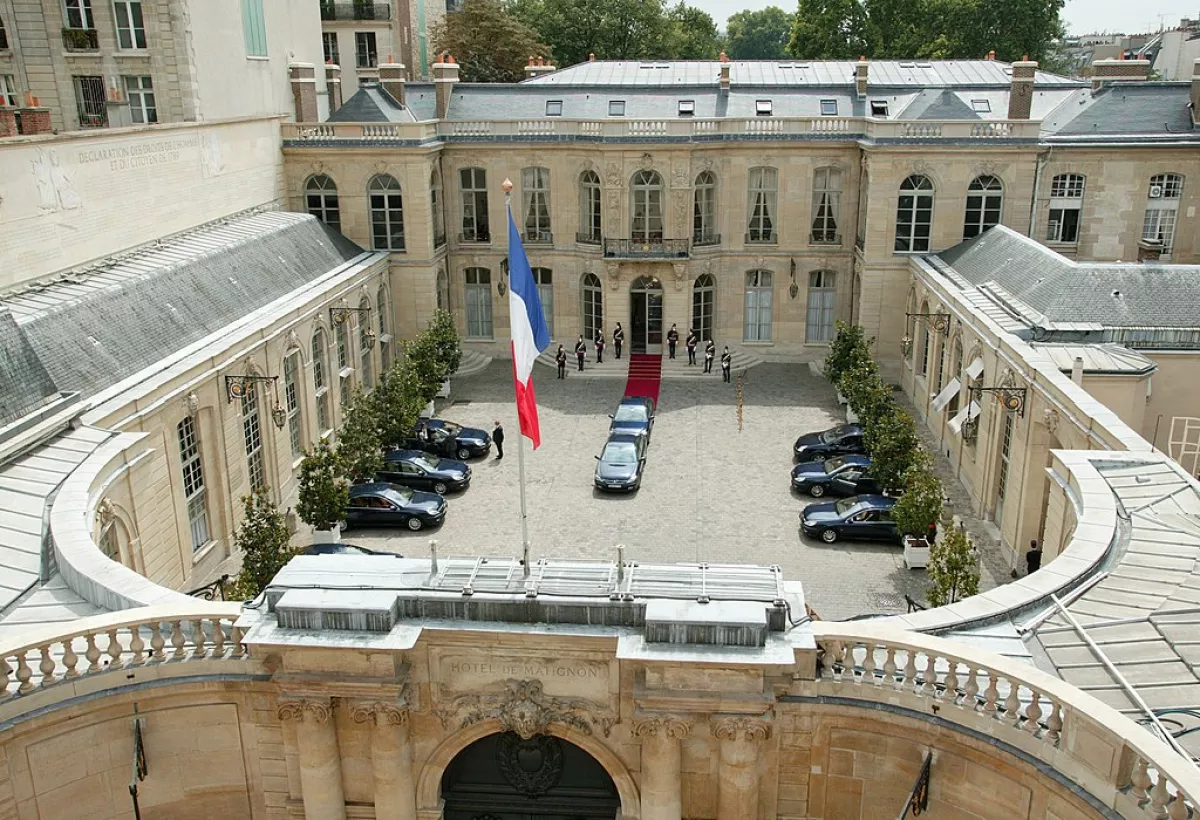
There are many reasons for this governmental instability. The fundamental one lies in the economic crisis—not only in France but across the entire European Union. Competition with the rising economic giant China has proven too much for the ageing “Old Europe.” The once-praised neoliberal Western model now rattles along the highway of the modern global economy like an old cart—barely managing the turns as it tries to keep up with the speeding bolide from the Celestial Empire.
The more subjective reasons stem from the policies of Emmanuel Macron and his liberal team. After a poor performance in the 2024 European Parliament elections, they made the risky decision to dissolve the National Assembly and attempt to reclaim their standing through early national elections. Yet, they suffered an even more devastating defeat there—losing to the far-right National Rally (which came second) and the left-wing New Popular Front (which took first place).
However, Macron still refused to allow the left — the legitimate winners of the elections — to assume governmental power. Instead, through manipulations and dubious manoeuvres, he continued to form minority governments, which then collapsed like houses of cards. The pinnacle of this political adventurism was the most recent cabinet led by Sébastien Lecornu, which did not last even twenty-four hours.
As a result, France has been left without a budget for 2026, and the Paris Stock Exchange has been thrown into turmoil. According to AFP, the political crisis could cost the French economy €15 billion by the end of 2025.
A political puzzle
During the first three days of this week, the now-former Lecornu held talks with political parties — officially about the 2026 budget, which must be submitted no later than 13 October. Yet he was also, in all likelihood, searching for a viable configuration of a new government. Later, President Macron himself stepped in, promising to announce the new prime minister by Friday evening.
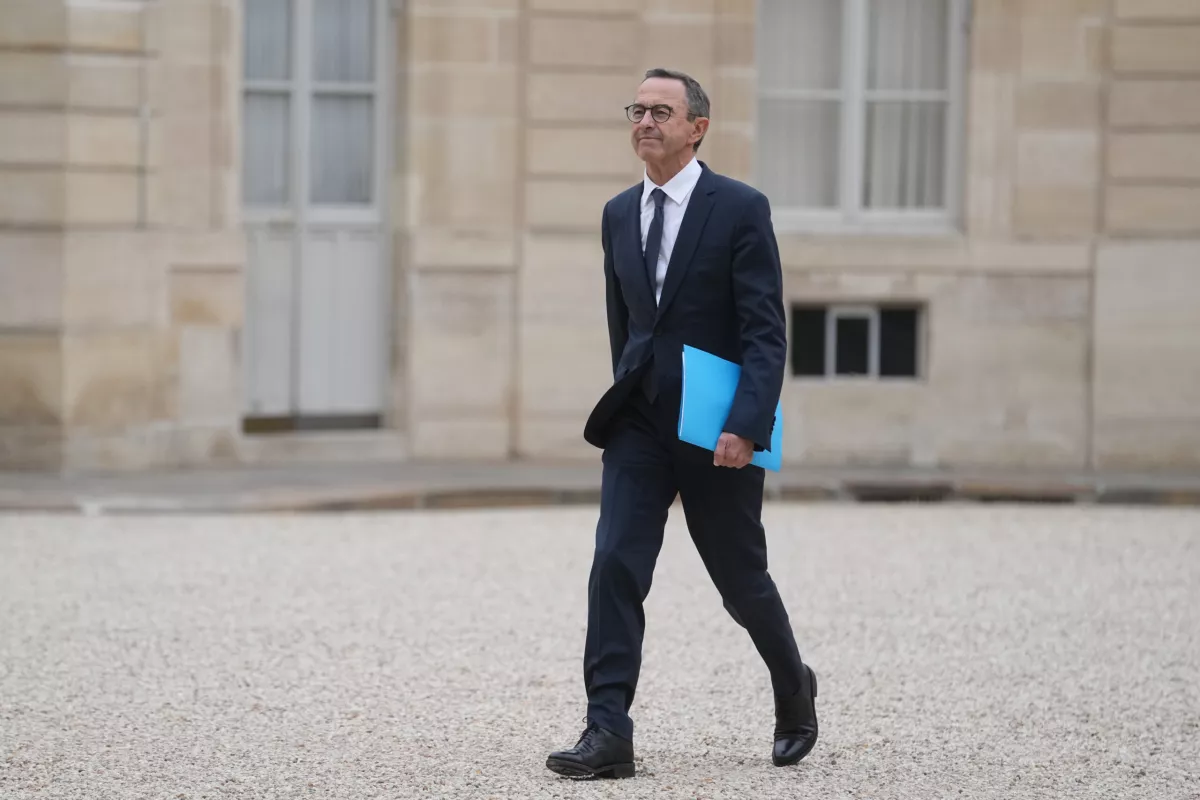
The looming task of assembling yet another cabinet resembled a political puzzle—or even a charade. It initially seemed that Macron’s camp still harboured hopes of reviving, however fragile, a coalition with the Republicans. But the conservative leader, Bruno Retailleau, seemed to have bristled at the idea, unleashing sharp criticism left and right. Retailleau declared that he would under no circumstances join a government led by a left-wing or even a Macronist (!) prime minister. Coming from an ally who had only recently been loyal to Macron, this statement sounded particularly striking.
At first glance, it might have appeared that the right-leaning, anti-immigration Retailleau was eager to jump off Macron’s sinking ship and align himself with the rising stars of the National Rally.
But he did not. Retailleau also rejected the overtures of National Rally leader Jordan Bardella for possible cooperation in the upcoming elections, accusing him of “insults” and “defending left-wing economic ideas.” In response, the far-right leader claimed that Retailleau, instead of “fighting for order,” sought to “merge with Macronism” and “politically perish alongside it.”
For Macron, the situation was further complicated by internal discord within his own camp. Former Prime Minister and secretary-general of Renaissance (one of the three Macronist parties), Gabriel Attal, announced that he no longer understood the president. Meanwhile, another former prime minister and leader of the pro-presidential Horizons party, Édouard Philippe, stated that after the adoption of the new budget, it would also be time for Macron to call early presidential elections.
Meanwhile, the impeachment procedure against the president—reinitiated this week by deputies from the far-left La France Insoumise (France Unbowed) and other parliamentarians—was rejected by a commission in the National Assembly.
Leaks to the press suggested that Macron, upon hearing of Retailleau’s defiance, initially wanted to dissolve parliament himself. Apparently, he aimed to punish the Republicans for the collapse of his new government. However, he later changed his mind, and the majority of deputies also opposed early elections for the National Assembly.
“We’ve tried the right, so why not try the left?”
One potential scenario under discussion was the formation of a government composed of left-wing and Green parties. The idea was first raised by the left themselves, notably by Socialist Party leader Olivier Faure, who reportedly already envisioned himself as the next prime minister. This scenario found support among the Ecologists and the French Communist Party. However, the far-left France Unbowed opposed any cooperation with Macron, demanding his resignation and the holding of early presidential elections.
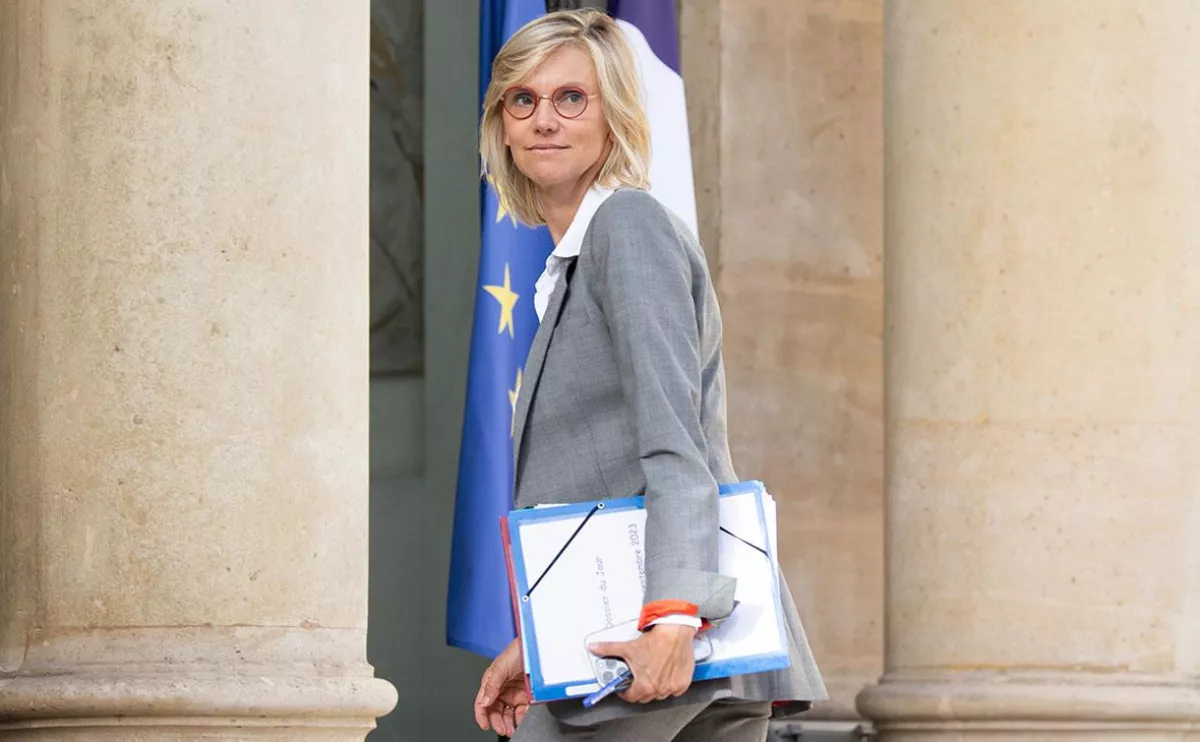
Meanwhile, certain factions within Macron’s camp began considering the possibility of forming a left–Green government. Agnès Pannier-Runacher, Minister for the Ecological Transition in the outgoing government and a member of the Macronist Renaissance party, remarked: “I make one observation: we’ve tried the right, we’ve tried the centre—so why not try the left?”
However, the main condition set by the left for forming their government was the reversal of the pension age increase. Hints at the possibility of debate on this issue were already made by former Prime Minister Sébastien Lecornu in his farewell speech. Outgoing government minister Élisabeth Borne stated that the severe political situation requires compromises with the left, and to break the deadlock, the pension reform could be temporarily suspended.
The irony is that it was under Borne’s premiership that the pension age was raised. Yet she now proposes not to repeal the reform entirely, but merely to freeze it until the next presidential elections in 2027.
Nevertheless, within the liberal camp, there are plenty of opponents to any rollback on social cutbacks—the very policies Macron has “generously” pursued during his tenure.
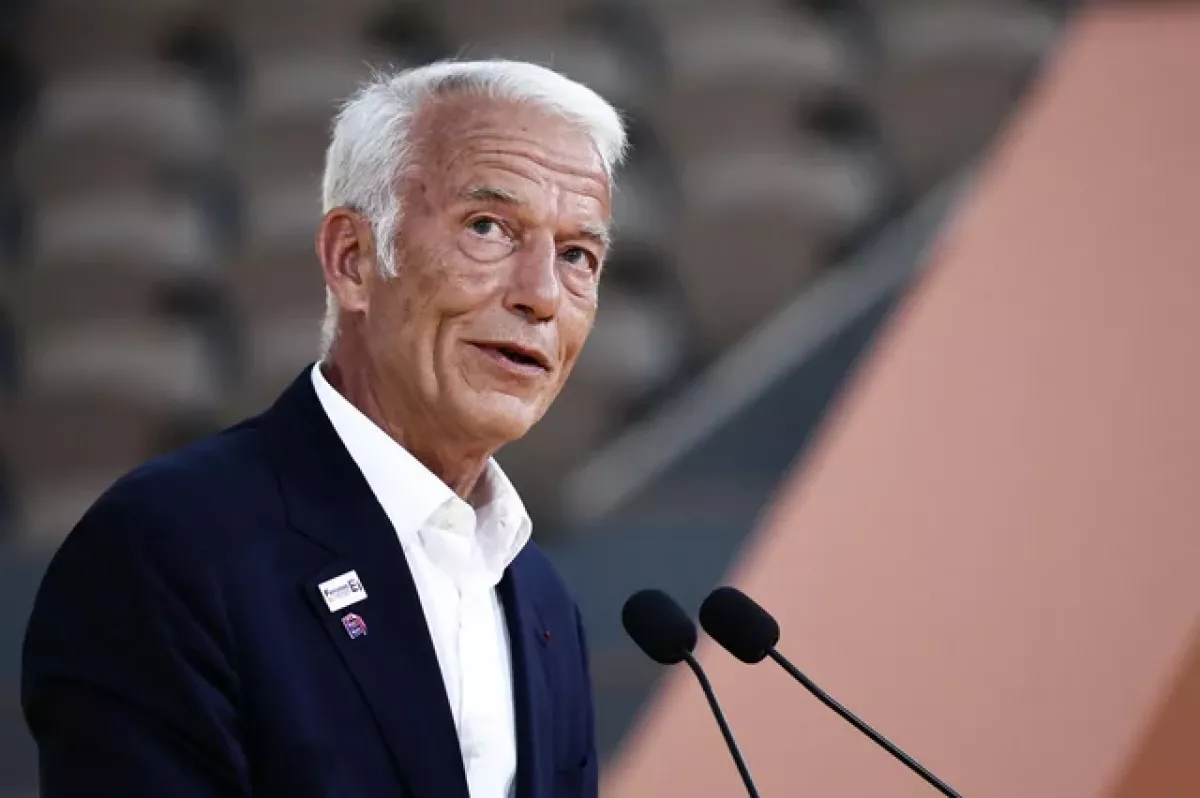
“We are absolutely opposed to freezing this reform, let alone cancelling it,” said Patrick Martin, president of France’s largest employers’ association, Medef. It is clear that big business will not tolerate such major concessions to workers and will do everything possible to prevent them. The majority of liberal Macronists and the Republicans also oppose any rollback.
French trade unions hold a very different view. Sophie Binet, general secretary of the General Confederation of Labour (CGT), stated that Macron is willing to do anything to continue his neoliberal policies—even chaos and parliamentary dissolutions—rather than change course. She made this statement in front of several thousand demonstrators outside the French Ministry of Health. The union leader called for continued mass protests, which have been ongoing in France since early September. One of the unions’ and street protesters’ main demands is the reversal of the pension age increase.
On October 9, ahead of the announcement of the new prime minister, Marine Tondelier of the Ecologists, Olivier Faure of the Socialists, and Fabien Roussel of the French Communist Party (but without Jean-Luc Mélenchon of France Unbowed, an implacable opponent of Macron) appealed to the president to form a left–Green government: "Either you persist in isolation and denial, taking responsibility before history for a significant deepening of the gap between the people and their institutions, or you listen to the country and open a new chapter..."
"We left that meeting in shock..."
Yet the French president refused to “listen to the country” or open a new chapter. To his credit, he acted in his usual style—stunning both opponents and allies. After lunch on Friday, October 10, Macron urgently summoned the leaders of political parties to the Élysée Palace. Only France Unbowed and the National Rally were not invited. At the crisis meeting, Macron made no promises, and it was unclear what the purpose of the gathering was.
"We left that meeting in shock," admitted Ecologists leader Marine Tondelier. "We received no response except that the prime minister to be appointed in the coming hours would not represent our political camp."
Rumours had circulated the day before that the new prime minister might be the liberal-conservative politician, 74-year-old Jean-Louis Borloo, a former minister in Sarkozy’s government.
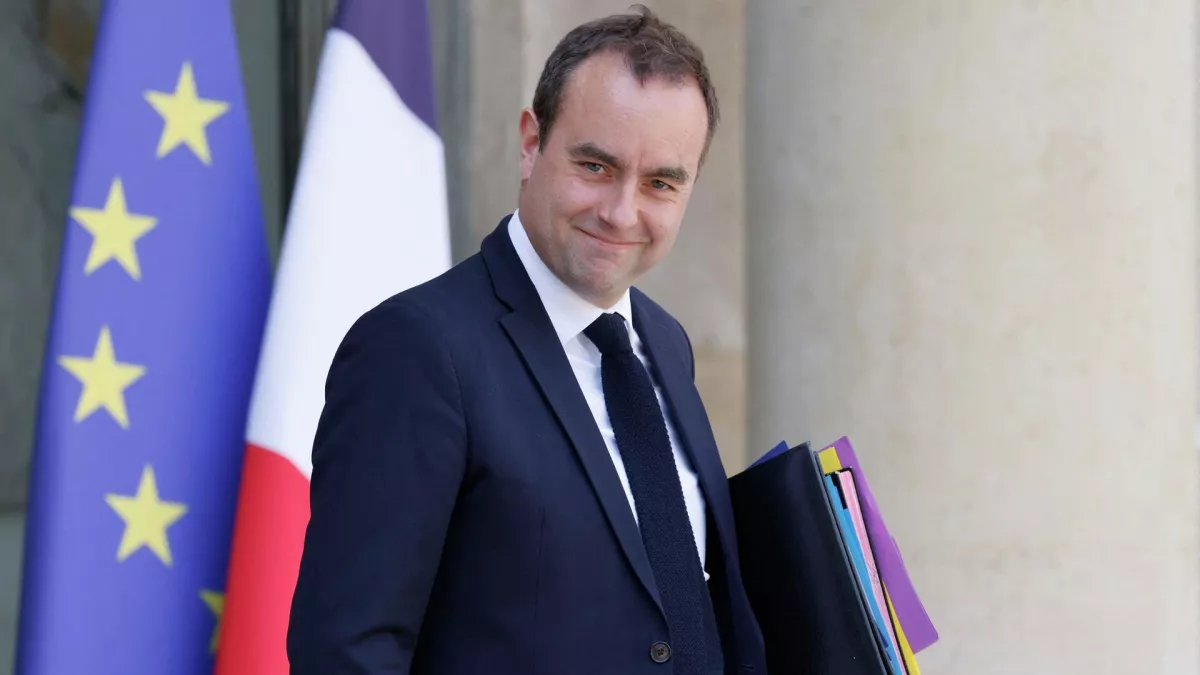
But Macron’s unpredictable choice defied all expectations: the outgoing Sébastien Lecornu was reappointed as head of government. Is this political caprice, stubbornness, or a clever “multi-move strategy” by Macron and his team?
One thing is certain: the new-old prime minister will continue Macronist neoliberal policies, though likely cloaked in a show of willingness to reach broad compromises.
Lecornu has already promised debates on all issues troubling French society, clearly including the controversial pension reform. Moderate left-wing parties might receive minor concessions. Some experts have speculated that Macron and Lecornu have a secret agreement with the Socialists: in exchange for certain concessions, they would not vote no-confidence against the new-old prime minister. However, the Socialist Party has already denied this, stating that no promises or guarantees were made.
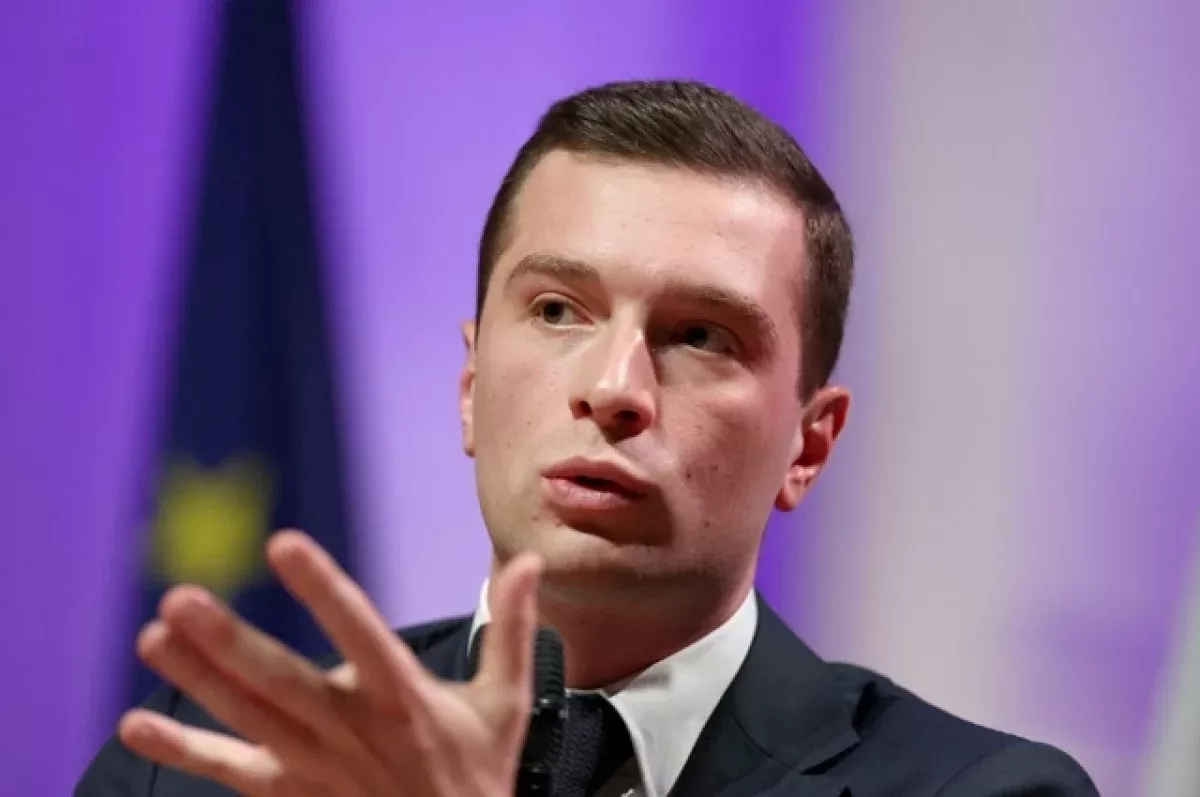
A real storm of outrage erupted across both the far left and the opposite end of the spectrum. National Rally leader Jordan Bardella immediately declared: "The Lecornu II government, appointed by Emmanuel Macron, is more isolated and fragmented than ever in the Élysée Palace—this is a bad joke, a democratic disgrace, and a humiliation for the French people."
Marine Le Pen has already promised a vote of no-confidence against the Lecornu II cabinet.
Manuel Bompard, coordinator of the far-left France Unbowed parliamentary faction, added: "This is yet another slap in the face of the French people by an irresponsible man intoxicated with power. France and its people are humiliated."
France Unbowed pledged to immediately propose a no-confidence vote against the new government and to reinitiate impeachment proceedings against Macron. This time, the move could be serious—National Rally might even support Macron’s removal. The Communists are also calling for new parliamentary and presidential elections.
What does Lecornu’s reappointment really mean? Simply that France will continue to sink deeper into an intensifying economic crisis and political chaos. For an increasing number of party leaders—and ordinary French citizens—the only way out now appears to be the resignation of Macron himself.








